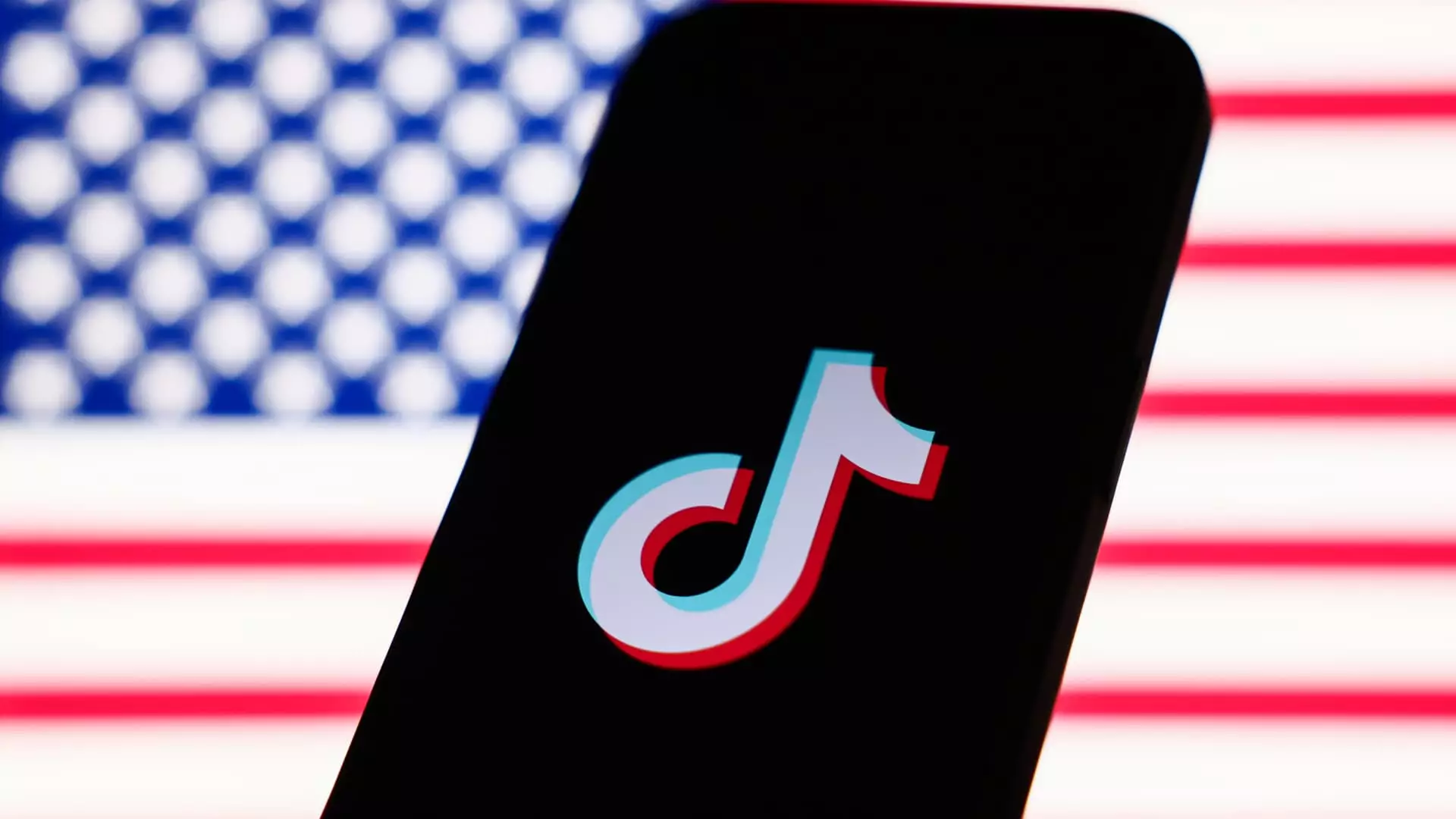In a noteworthy development, Perplexity AI has made a significant move to merge with TikTok’s U.S. operations, as reported on Saturday. The artificial intelligence search engine startup, which has recently gained traction in the competitive landscape dominated by established giants like OpenAI and Google, has submitted a proposal to its parent company, ByteDance. This ambitious plan aims to create a new entity that would amalgamate Perplexity, TikTok U.S., and a selection of new investors. This innovative bid reflects not only Perplexity’s rapid growth but also its intention to become a pivotal player in the video-sharing ecosystem.
The distinction between a merger and an acquisition is crucial in understanding the dynamics of this deal. ByteDance has publicly indicated a reluctance to sell TikTok in the U.S. market. In acknowledging this, Perplexity AI’s approach focuses on proposing a merger rather than an outright purchase. This strategic maneuver not only aligns with ByteDance’s stance but also facilitates the retention of equity stakes by its existing investors. The potential merge signifies an evolution in how tech companies approach collaboration and investment, particularly in a landscape that’s increasingly dictated by concerns over data privacy and regulatory scrutiny.
Perplexity AI’s growth trajectory has been quite remarkable within a short time. Starting 2024 with a valuation of around $500 million, it surged to an impressive $9 billion by year-end, primarily fueled by the generative AI boom. This meteoric rise is indicative of the shifting paradigms in how information is accessed and utilized by consumers today. The notion that AI-assisted search engines represent a competitive threat to traditional search behemoths like Google cannot be overstated; it fundamentally alters user engagement and interaction with information sources. The intersection of AI and video content, through platforms like TikTok, presents both challenges and opportunities for tech enterprises looking to innovate.
The current digital landscape has seen a tectonic shift in consumer behavior, with AI-assisted tools transforming how information is accessed and interpreted. The introduction of products like OpenAI’s SearchGPT and Google’s “AI Overviews” highlights the rapid evolution of search technologies, suggesting that consumers are starting to expect more interactive and engaging ways to garner information. By merging with TikTok, Perplexity AI could leverage the platform’s established user base and create a synergized experience that combines the immediacy of video content with the efficiency of AI-assisted search.
Despite the promise offered by this proposed merger, substantial challenges loom on the horizon. The impending threat of regulatory scrutiny in the U.S. signifies that the potential merger will have to navigate a complex landscape of legal and bureaucratic hurdles. TikTok’s recent statement about potentially “going dark” in the U.S. underscores the urgency of the situation and adds an additional layer of complexity. Perplexity AI’s bid might only be fruitful if it can secure favorable conditions amidst ongoing negotiations between ByteDance and the U.S. government—conditions that would ensure the continued operation of TikTok in the American market.
Perplexity AI’s attempt to merge with TikTok is symbolic of the future of technology partnerships and collaborations. As AI continues to redefine industry standards and consumer expectations, innovative approaches to mergers and acquisitions will be pivotal in shaping the market landscape. By blending the strengths of both Perplexity and TikTok, this strategic initiative could pave the way for enticing new formats of user engagement and information access. As the tech community watches closely, it remains to be seen how this bold move will unfold and what implications it might have for both companies and their respective user bases. The potential merger not only holds the promise of enhanced digital experiences but also echoes the dynamic shifts within the tech industry as it adapts to a rapidly changing world.

Leave a Reply